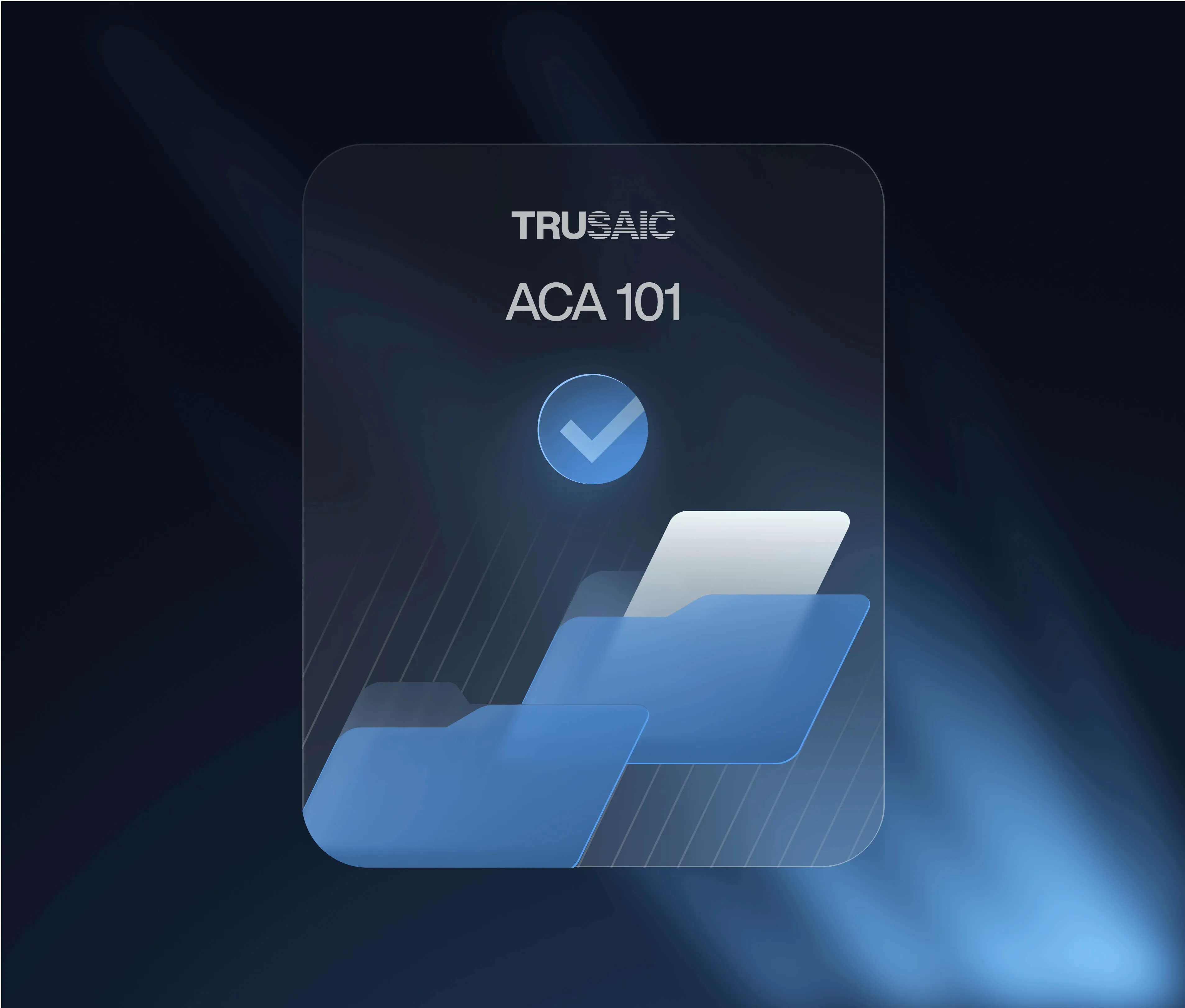Colorado’s Equal Pay for Equal Work Act is proving to be a work in progress as both state employers and legislators navigate its multi-layered requirements.
Following the Act’s passage, the Colorado Department of Labor and Employment (CDLE) issuedEqual Pay Transparency Rules (EPT Rules) with additional information on job and promotional postings for employers. CDLE subsequently provided further clarification on how it will apply and interpret the EPT Rules in its Interpretive Notice & Formal Opinions #9 (INFO#9), which was updated and released on July 21, 2021.
The latest update may position the Colorado transparency rules as some of the most aggressive in the nation.
The Colorado Equal Pay for Equal Work Act applies to employers located anywhere in the U.S. with at least one Colorado employee, so organizations need to understand its intricacies. Below we unpack the pay transparency guidance and how employers should prepare.
What is the Colorado Equal Pay for Equal Work Act?
Colorado’s Equal Pay for Equal Work Act prohibits wage discrimination on the basis of sex for substantially similar work. It applies to all entities with at least one employee in Colorado, including public bodies, schools, and private individuals. Its key features include a safe harbor for employers that conduct proactive pay equity audits; a comprehensive salary history ban; pay transparency mandates; and recourse for aggrieved employees.
Below we provide in greater detail the Act’s evolving pay transparency requirements.
What is the Pay Transparency Guidance?
The EPT Rules and INFO#9 work in tandem to provide pay transparency guidance. A key focus of this guidance is to detail how employers must implement obligations to post notices for promotional opportunities and general job openings. This includes positions that are to be performed in Colorado or remote positions that could be performed in Colorado.
Any vacancy is considered a promotional opportunity “so long as the job is superior to another job held by one or more employees of the same employer in terms of compensation, benefits, status, duties, opportunities, or access to further career advancement.”
Similar to legislation recently passed in Connecticut, the guidance contains a salary range and benefits disclosure that requires all employers—located anywhere in the U.S.—with at least one employee in Colorado to:
- Make reasonable efforts to provide Colorado-based employees with formal notice of internal opportunities for promotion on the same calendar day the opening occurs
- Disclose salary compensation and employee benefits in job postings for positions that are expected to be, or can be (e.g., remote positions), performed in Colorado
The guidance contains stipulations for what is considered “reasonable efforts” around who should be notified and how. There are exceptions to the notice requirement. Employers are not required to post promotional opportunities if:
- The employer has a compelling need to keep a particular vacancy confidential because the position remains occupied and, for reasons other than avoiding job posting requirements, the employer has not yet made the incumbent employee aware of the separation
- The vacancy is filled automatically upon an employee’s successful completion of a trial period that occurs within one year of their hire date, pursuant to an offer letter, written agreement, or company-wide policy
- The position is temporary for up to six months and not expected to be permanent
- The employees in question are “entirely outside Colorado”
The guidance also details complaint, investigation, and appeal procedures.
What is the latest update?
CDLE updated INFO#9 on July 21, 2021 (originally issued in December 2020) with updates clarifying five specific areas:
- Definition of a job posting: Any written, electronic, or printed communication regarding the availability of a job. (General “Help Wanted” signs are an exception).
- Which job postings must comply: All job postings must include EPT pay and benefits disclosures, unless the employer ties the role to a specific, non-Colorado worksite. In other words, this applies to all remote roles.
- Salary range information employers must include: A salary range may extend from the lowest to the highest pay the employer actually believes it might pay for the particular job, depending on circumstances including employee qualifications, employer finances, and other operational considerations. Ranges with open ends do not comply: such as “30,000 and up” (with no top of the range) or “up to $60,000” (with no bottom of the range).
- Benefits employers must disclose: Employers are required to disclose healthcare and retirement benefits, paid days off, and any tax-reportable benefits. Open-ended phrases (such as “etc.” or “and more) do not meet this requirement.
- Procedures for investigations: INFO #9 adds complaint investigation procedures but permits a directed investigation where a complainant fails to meet these procedures.
What is the penalty for noncompliance?
CDLE’s Department of Labor Standards and Statistics is tasked with enforcing the requirements. Employers in violation could face steep penalties ranging between $500 and $10,000 per violation.
How can employers prepare?
Some organizations outside of Colorado have caught wind of the state’s new pay transparency guidance and are now excluding Colorado-based employees from remote job listings. Offering a position requires employers to document pay ranges, which would bring to light any existing wage disparities and potentially garner negative attention against the organization. This should incentivize employers to proactively address pay equity, which would allow them to list ranges with peace of mind and play a role in solving the equal pay problem.
Colorado’s updated Pay Transparency guidance follows a trend in worker protections and echoes similar requirements outlined in the Colorado POWR Act. As it has been proven, pay transparency is a key factor in driving authentic diversity, equity, and inclusion (DEI) results. Legislation centered around pay equity is taking off in other states across the country, meaning that employers will soon have no choice but to comply. Forward-thinking organizations are preparing now. Here are five strategies your organization can use to get ahead and advance DEI initiatives.
Conducting a pay equity audit as permitted by safe harbor provisions is a great starting point for organizations looking to proactively achieve pay equity. Our PayParity solution helps organizations establish transparency by identifying pay disparities at their root causes. Get access to ongoing monitoring tools and help your organization achieve pay equity.









